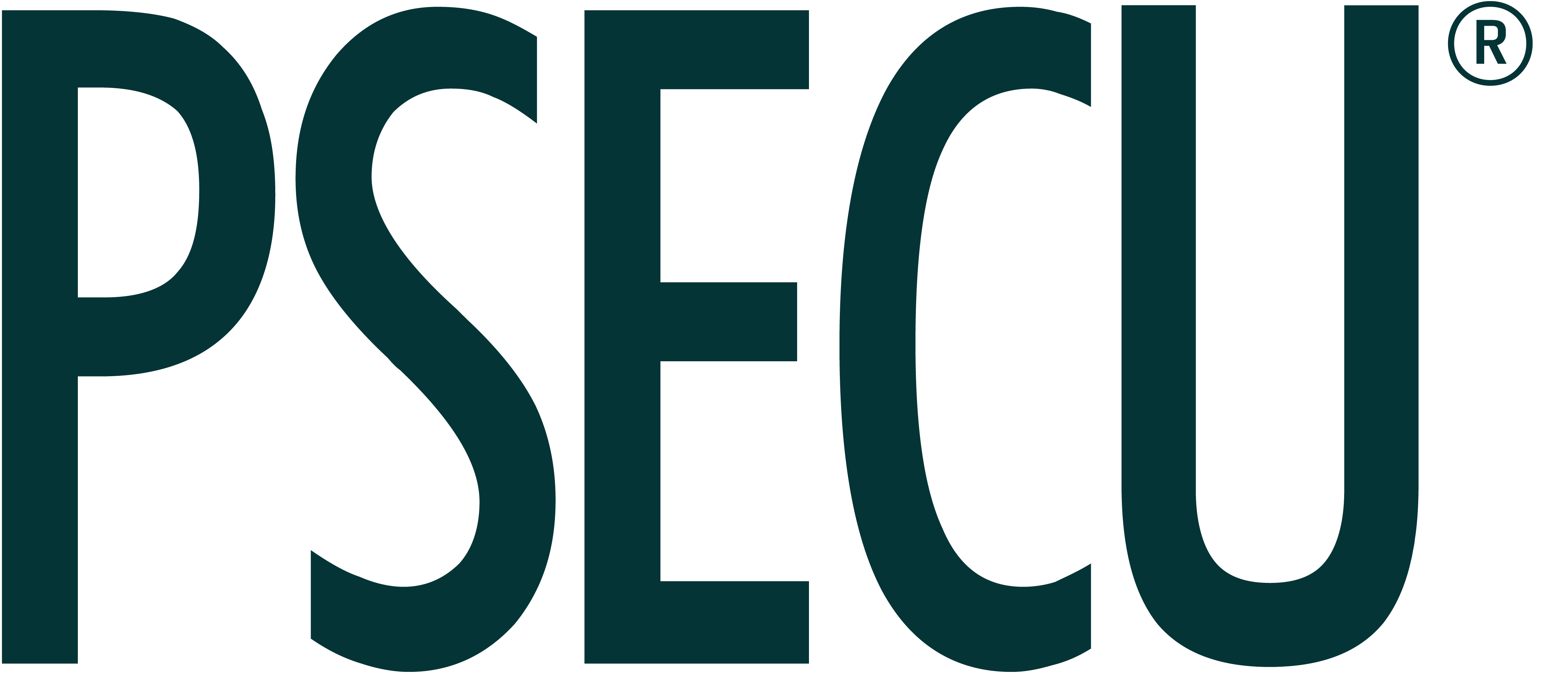What does financial freedom mean for you? For many, it’s about making your money work for you, so you have resources ready when they need them. Whether you live alone or have a family, a good money management plan helps you stay on track, making the most of what you have while keeping you moving toward your financial goals, both big and small.
Set Goals
The first step in developing your personal or family money management plan is determining what you want to achieve. You might have multiple goals, like:
- Saving for retirement
- Paying off debt
- Buying a house
- Starting to invest
When setting your goals, consider your monthly income and spending. Where do you see yourself in 5, 10, or 20 years? What goals will get you there? Which financial goals are most important to you right now?
Improve Your Credit Score
Your credit score matters - a lot. It can help you get a job, buy a house, and score better rates on loans. It’s one of the most important factors that could help your individual or family finances. And the good news? You have control over it. Your credit score reflects how well you’ve managed your money.
You can’t build credit without getting a loan or credit card and paying on time. For example, by taking out student loans and staying on top of your monthly payments, you can work toward building a strong credit history.
Paying off your loan and credit card debt on time is also important because it proves you are financially responsible and means the ratio of credit available to debt remains high. However, be careful when considering closing a credit card. Having some debt can actually be good for your credit score, like having a longstanding credit card open with no balance can improve your score.
Learn more about the five components of a credit score here.
Do a Financial Check-Up Every Year
Successful money management isn’t a one-and-done deal - it requires regular reviews of your finances. At least once a year, give your finances a basic checkup:
- Reviewing your loans: Could refinancing your mortgage or other loans save you money? If your credit has improved or your situation allows you to pay off a loan more quickly, it may make sense to refinance to enjoy savings on interest.
- Adjusting your budget: Part of managing family finances means being flexible to change. If you have no budget, now is the time to create one. If you have a budget, it’s time to review. Should you put more into investments or savings? Are you overspending in some areas? Make tweaks as necessary that fit with your life.
- Checking your credit: Visit AnnualCreditReport.com for your free credit report from one of the three credit bureaus once a year. Check for any suspicious activity and report any mistakes. Then, follow up to ensure any issues have been resolved. Checking your credit once a year can help you detect identity theft and protect your score.
- Updating your insurance plans: Do you have the coverage you need? Can you get a better deal on insurance by shopping around? Consider getting a quote and changing coverage to make sure your insurance reflects your current needs.
For more money management tips, visit our Resource Center, where you can find financial tips, videos, and other tools to help you keep your financial goals on track.
The content provided in this publication is for informational purposes only. Nothing stated is to be construed as financial or legal advice. Some products not offered by PSECU. PSECU does not endorse any third parties, including, but not limited to, referenced individuals, companies, organizations, products, blogs, or websites. PSECU does not warrant any advice provided by third parties. PSECU does not guarantee the accuracy or completeness of the information provided by third parties. PSECU recommends that you seek the advice of a qualified financial, tax, legal, or other professional if you have questions.
